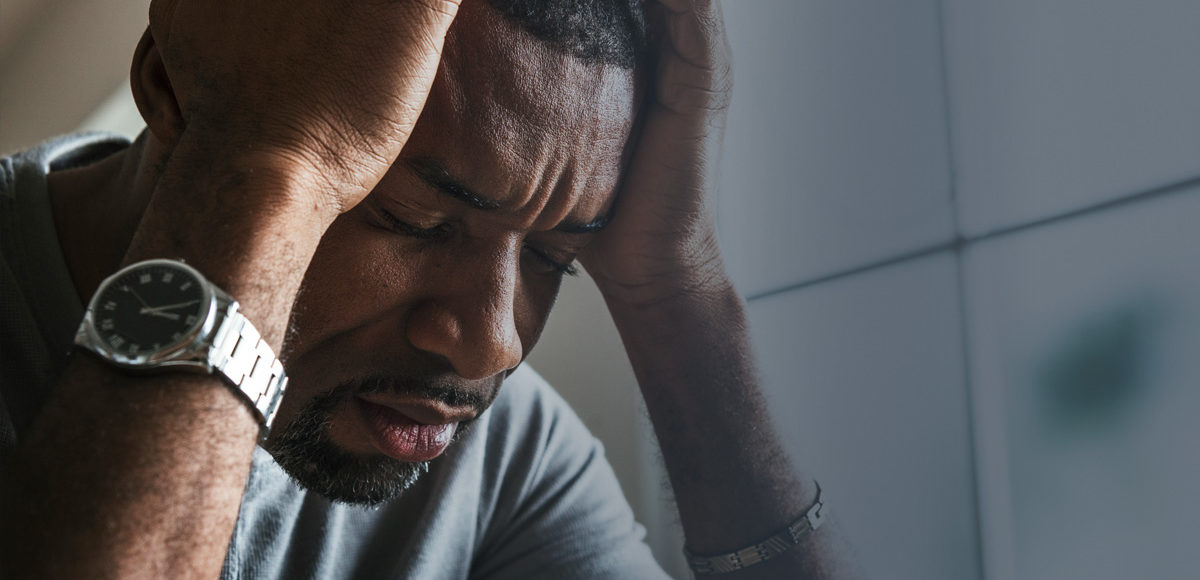
AM I DEPRESSED? HERE ARE 6 DEPRESSION SYMPTOMS TO LOOK OUT FOR
Am I depressed? It is common to hear people throw the word depression around a lot. “Today was a bad day, I’m so depressed.” “The slow WiFi depresses me.” But with an upsurge in the rate of suicides, it is important to know what depression really is, how to get help if you or someone you know has the symptoms. A WHO statistic puts the number of people suffering from depression worldwide at 264 million.
What is depression?
Depression is a state of mind producing a serious, long-term lowering of enjoyment of life or inability to visualize a happy future. It should not be confused with sadness. In at least 2 weeks Symptoms can manifest. Anyone can get depressed: male, female, teen, adult even children.
I’ve not been my usual happy self lately. Does this mean I’m depressed?
Not everyone who says they’re depressed is and not every person suffering from depression is suicidal or looks unkempt. Symptoms are sometimes masked. These symptoms include:
- Mood: anxiety, apathy, general discontent, guilt, hopelessness, loss of interest, loss of interest or pleasure in activities, mood swings, or sadness
- Behavioral: agitation, excessive crying, irritability, restlessness, or social isolation
- Sleep: early awakening, excess sleepiness, insomnia, or restless sleep
- Whole-body: excessive hunger, fatigue, or loss of appetite
- Cognitive: lack of concentration, slowness in activity, or thoughts of suicide
- Weight: weight gain or weight loss. Poor appetite or rumination.
Depression can occur for no reason. But there are factors that have been identified as facilitating this deadly disease. The biological factor supporting the cause of depression is a dysfunction of the chemical processes in the brain. The brain is the seat of human emotions in the body, regulating a person’s mood and emotions. An individual’s mood can be impaired. When the brain chemicals (also known as neurotransmitters) fail or are unable to transmit properly to parts of the brain like the amygdala and thalamus (yes, the medulla oblongata is not the only part of the brain). Other causative factors include genetics; if a person’s parents or family line have a history of depression, there are higher chances of him or her suffering from it, traumatic life experiences like rape or accidents, and environmental factors like hardship.
Depression is a fast and silent killer, as dangerous as cancer. We need to evaluate ourselves from time to time. Listen to people around us, and take notice of subtle signs that are cries for help. Seeing a therapist is the surest way to get help. Depression can be managed with medication and therapy.

Leave a Comment